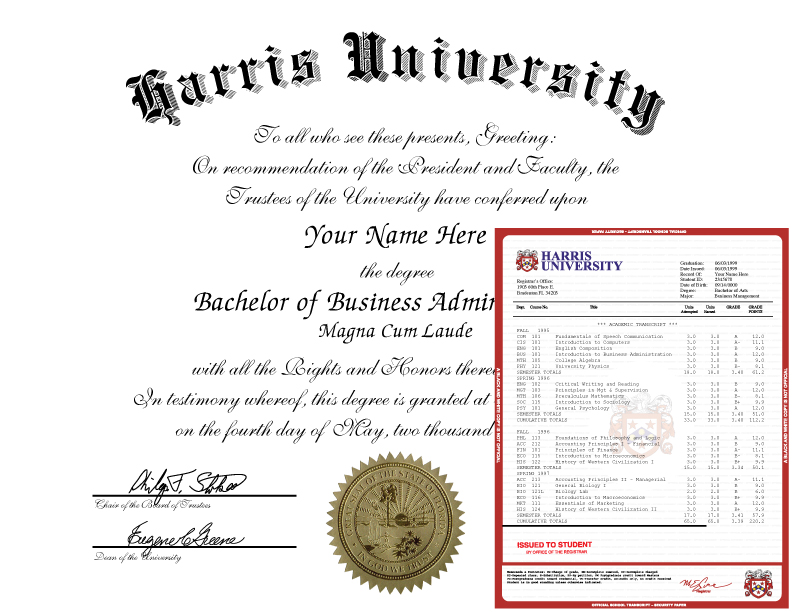Fake degrees pose a grave issue that can have negative consequences for the society and the economy. They may redistribute resources in favor of the status quo and hamper the transfer of knowledge between employers. They can also have a negative impact on legitimate educational institutions and make it more expensive for employers to conduct transactions.
Job Market
Fake degrees are a growing issue that can have negative consequences for society and the economy. For instance, it could cause lower productivity as well as increased turnover of staff. It also can damage a company’s reputation and cause financial loss. This is a problem for legitimate universities that lose revenue from tuition and have to spend money on enforcing rights in intellectual property. Businesses that employ fake graduates may be held responsible for legal expenses and training of employees with low capabilities.
Credentialism, or the excessive reliance on certificates to demonstrate competence in the workplace is among the major factors contributing to the need for fake degrees. Workers who feel they are being discriminated against by their employers often buy fake degrees to be able to compete for lucrative jobs or promotions. This practice is particularly harmful to minorities, which are particularly affected by economic hardship.
The majority of companies that are reputable have procedures in place for verifying the qualifications and credentials of candidates for employment. But, these procedures are not foolproof. A study revealed that 32% companies acknowledged accepting fake degrees. This is a grave problem because it hinders the work ethic and knowledge of real graduates. In the long run it could also affect the standard of work and lower overall productivity. Furthermore, it can result in reputational and legal damage that can take years to repair.

The impact of employers
There are a myriad of reasons individuals fake their credentials, from the common (to impress a colleague or to impress a romantic partner) to the more dangerous (to defraud patients or clients). It’s vital that employers are aware of the issues caused by fake credentials. They can affect businesses’ reputation, financial loss and even compromise the security of employees and customers.
Diploma mills, unaccredited schools that offer degrees without academic prerequisites, are a major cause of the issue. These institutions allow inexperienced candidates to pass through the process of hiring without being detected. They also deprive honest applicants of legitimate opportunities for further study and employment.
Companies that hire individuals with forged credentials can face legal consequences, including lawsuits as well as financial penalties. Negative publicity, customer distrust, and a decrease in morale of employees can all be a problem. The companies may be denied licenses in certain instances.
The misuse of fake credentials is a global problem. A report released by the National Student Clearinghouse states that fake diplomas are a billion dollar industry. In certain countries, there are even specialized diploma mills that sell certificates for specific professions. These certificates are offered on the internet and can be verified by verification firms that are third-party. This issue is especially acute in high-risk sectors, where employees who are dishonest could endanger the lives of patients or customers.
Consequences
The distribution of fake degrees can have negative consequences for individuals, organizations and companies. The credibility of authentic academic qualifications is undermined and the integrity of education systems is undermined. It can also damage the image of a company and lead to financial or legal liability. This can cause life-threatening injuries, especially if the employees are employed in high-risk fields like engineering or health care and click here now https://lambang247.pro/.
The people who purchase fake credentials have a variety of reasons. Some may lack the financial resources to cover the costs of university and others may want to compete for well-paying job opportunities or promotions. Some employers might be able to employ candidates who have fake degrees, but this is a big mistake. It is illegal since most universities and employers regard it as fraudulent to claim the degree you did not earn by actual coursework.
To stop the problem of fake degrees, educational institutions must implement robust verification processes. They can also collaborate with law enforcement authorities in order to track down and prosecute offenders. Additionally, they must develop strategies to educate employers and students on the dangers of fake diplomas. Social media and other outreach methods can be of assistance. They could also encourage the use of digital certificates that are more difficult to counterfeit and also provide access to third-party verification services.
Fraudulent educational credentials
In this digital age the practice of counterfeiting diplomas and other academic qualifications has become an industry worth billions of dollars around the world. In the United States alone, it’s estimated that there are nearly two million fake diplomas. The illicit business has been driven by technological advances that permit companies to create fake transcripts or letters of recommendation, certificates, and other documents. It’s also fueled by the growth of e-commerce and social media, which has made it easier for individuals to purchase and sell certificates.
Alongside the financial cost of hiring employees who have fake degrees, companies are also impacted by reputational damage and lost business opportunities. Customers who are discerning and trustworthy may leave. Additionally, employees who work alongside unqualified colleagues can become demotivated and disengaged in their work environment. This could result in lower productivity and higher costs for training.
While the emergence of fake degrees isn’t new, the recent concerns over the growing number of fake degrees has caused concern in the minds of business and academic executives. This paper takes an economic view of the subject, which is different from the educational and legal opinions that typically advocate the use of repressive policies. This paper provides a structure to allow us to analyze the ways that fake diploma holders can benefit from the rights associated with legitimate diplomas. The framework suggests that the appropriate level of protection depends on the degree’s social status and the return it yields.
